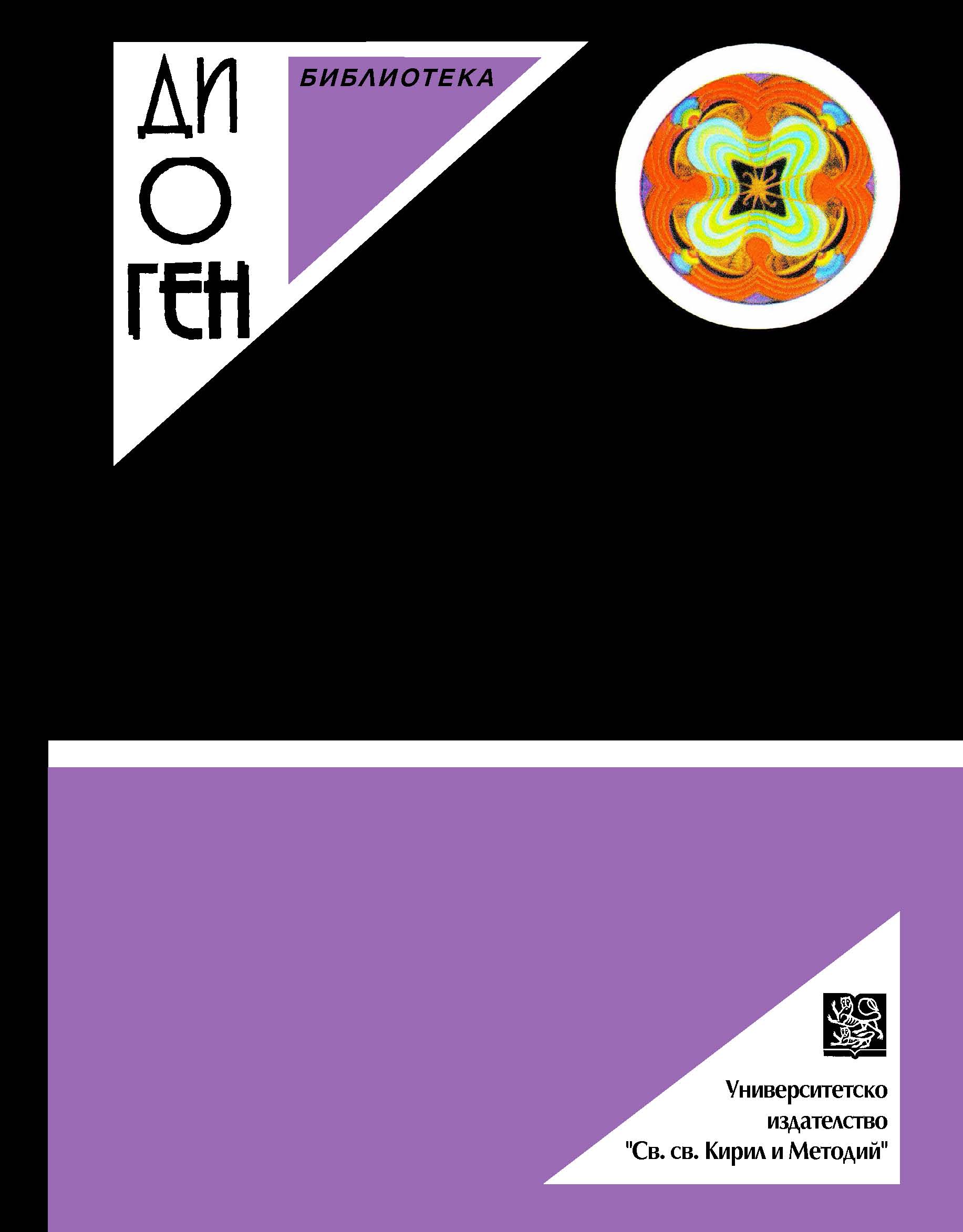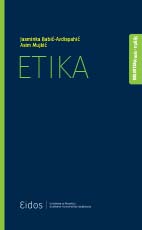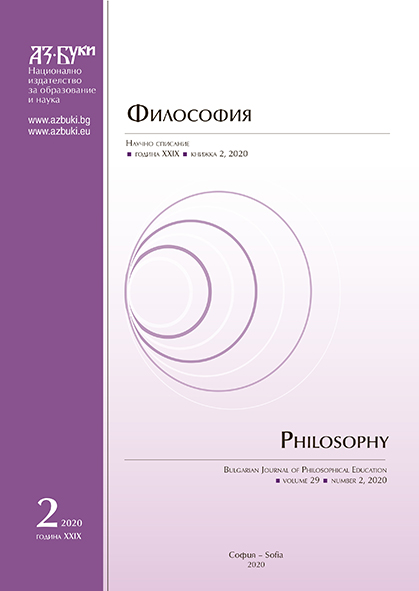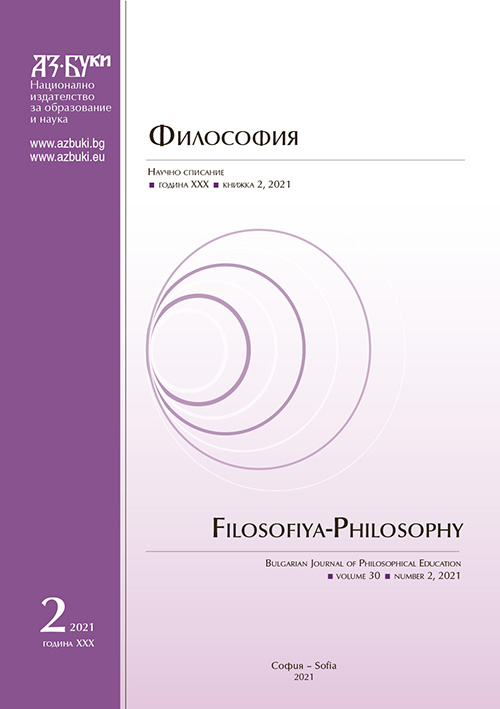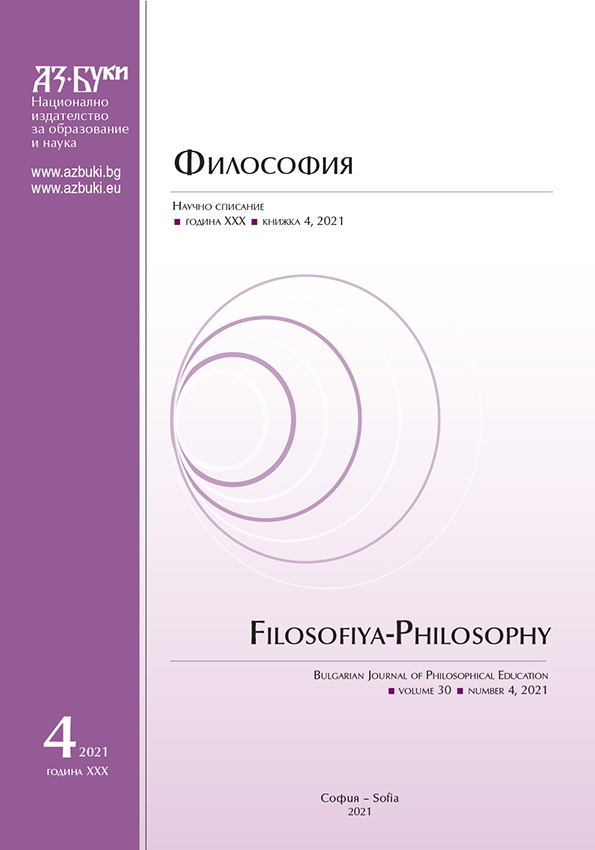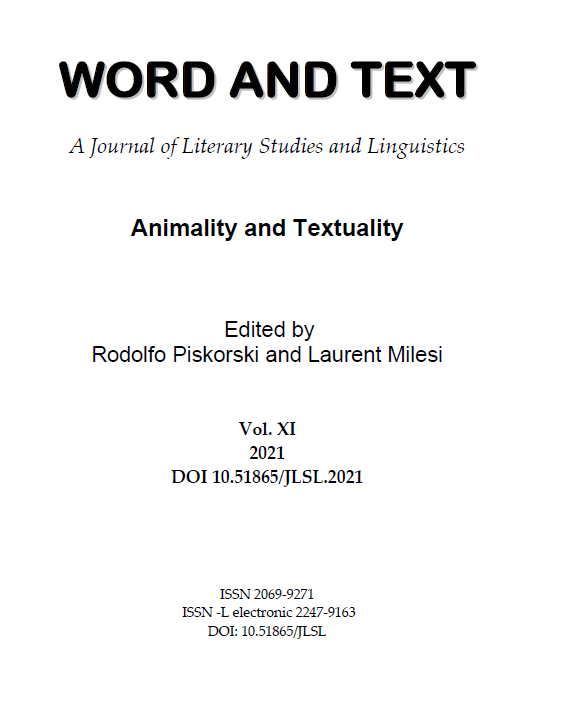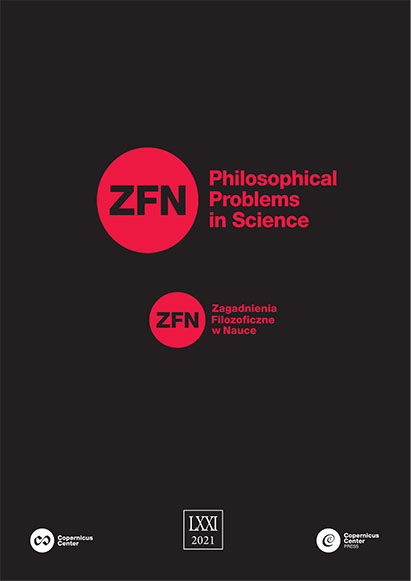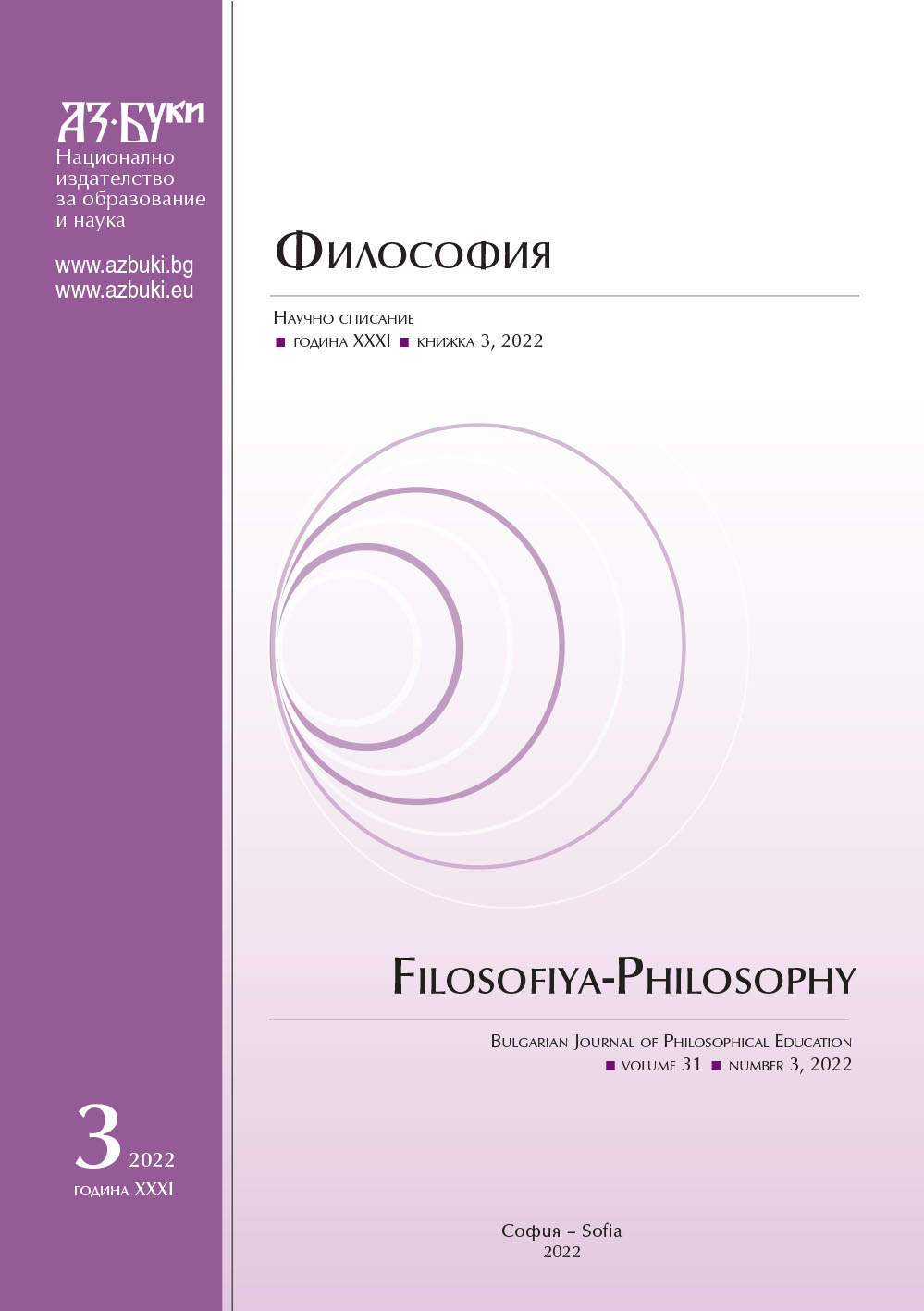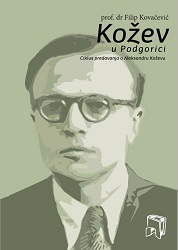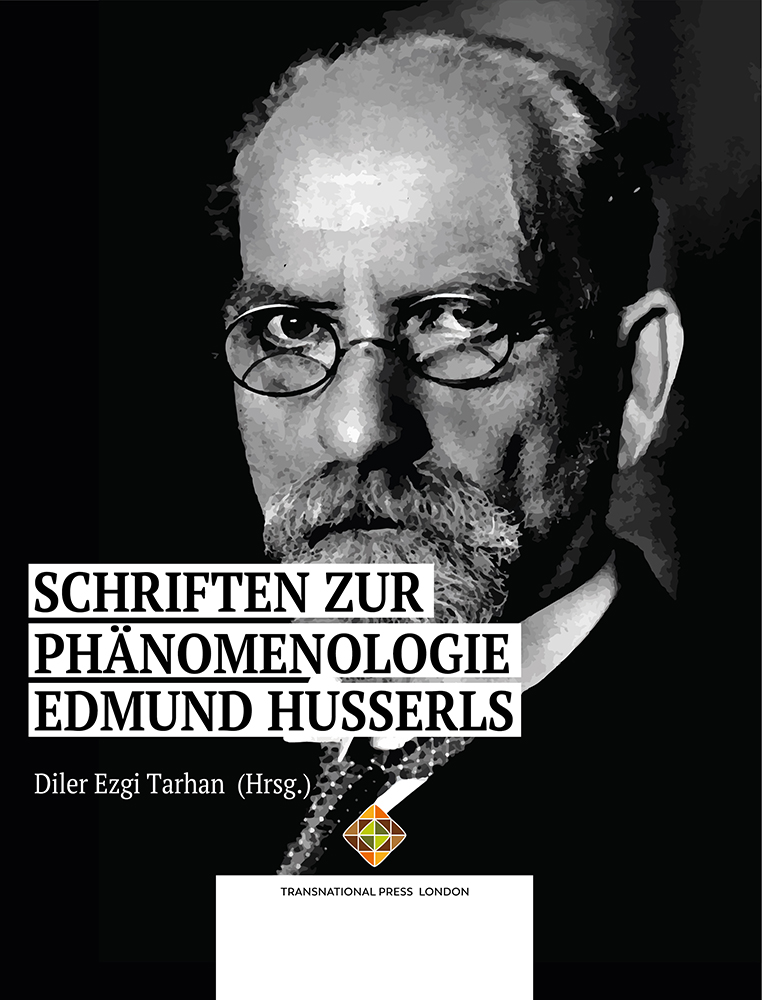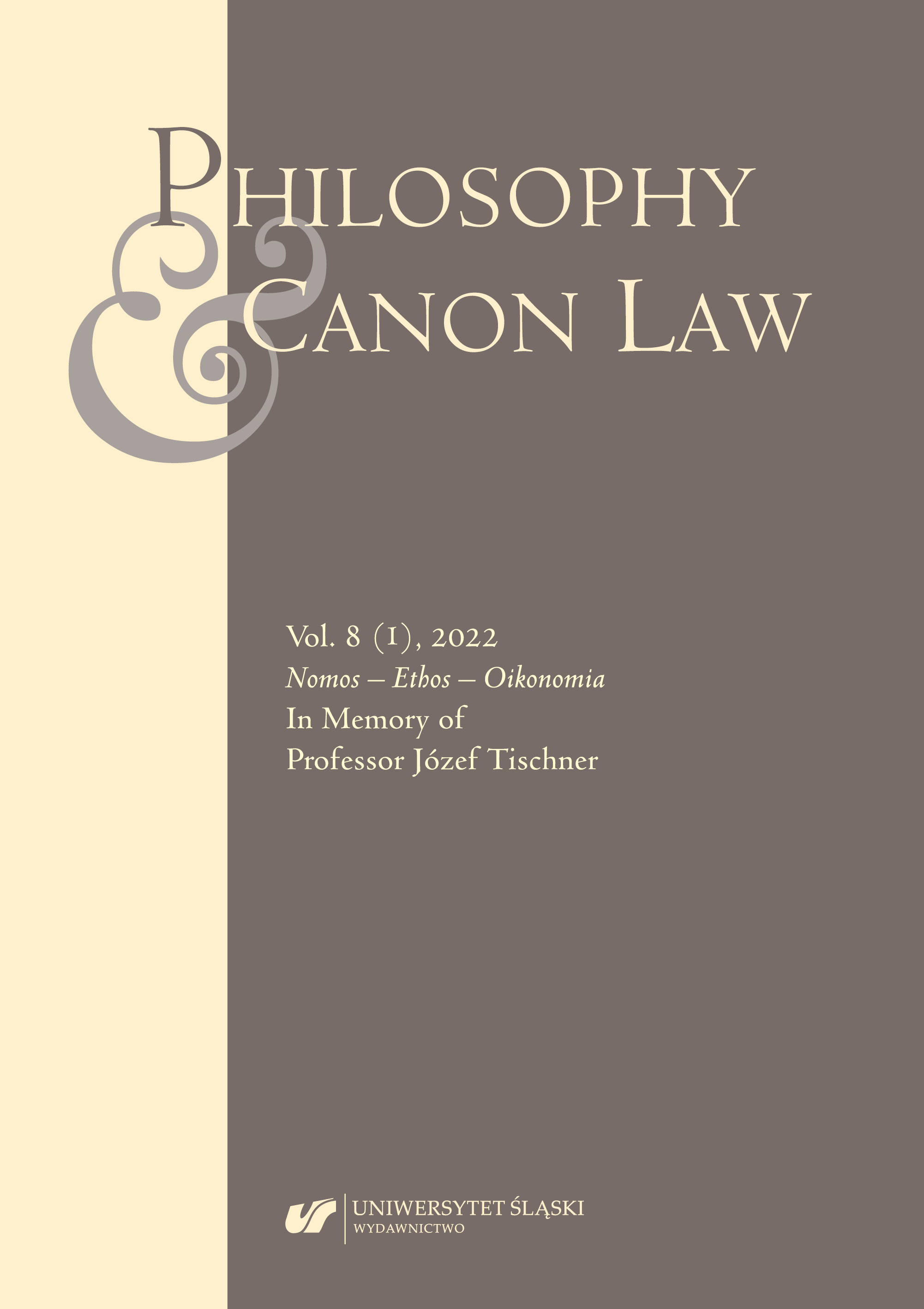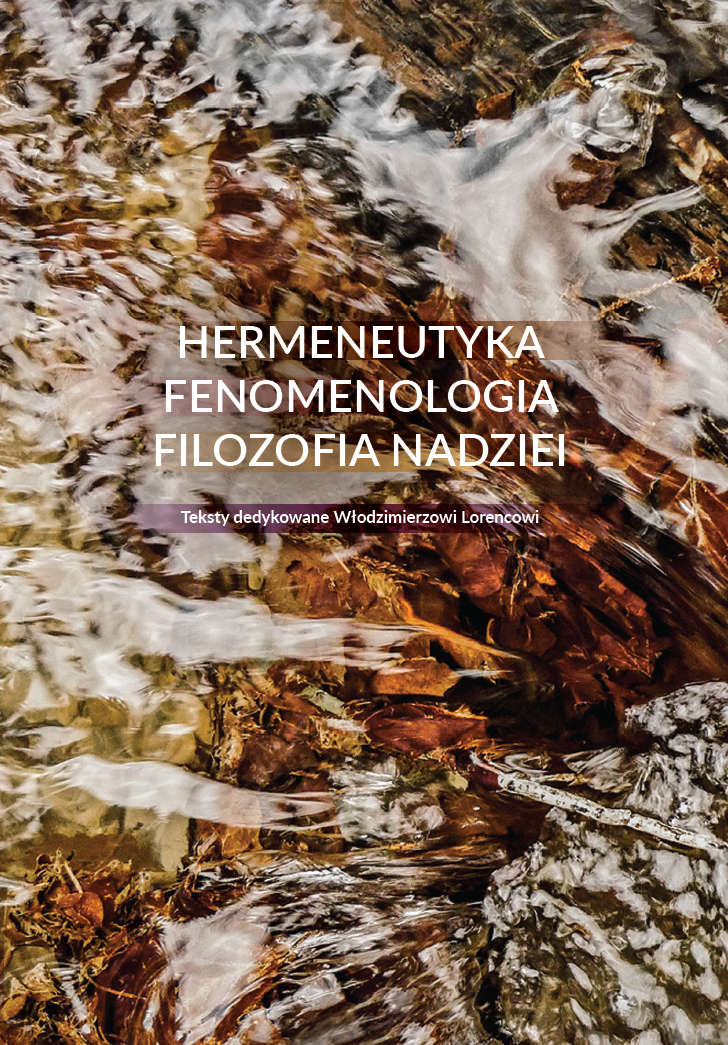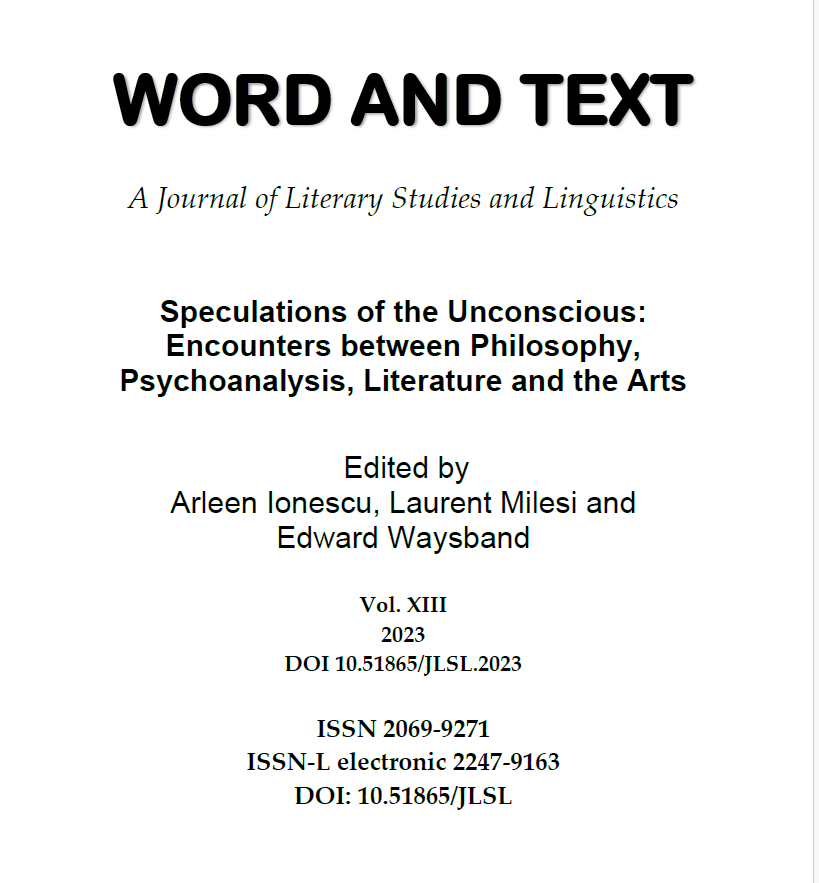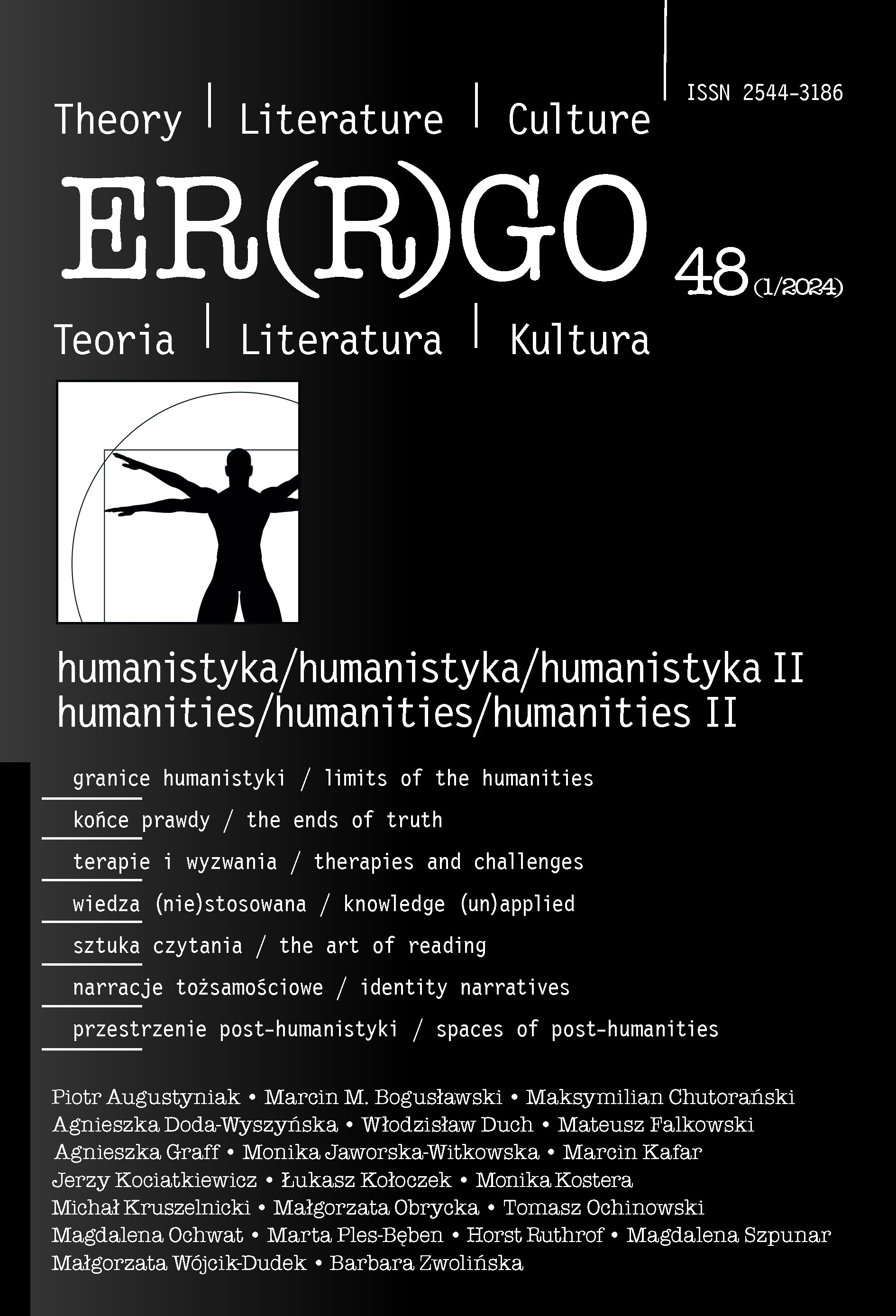Author(s): Michal Černý / Language(s): Czech
The presented monograph is a source of critical reflection of the philosophy of information, which is strongly related primarily to topics close to the philosophy of education. It is based on the work of Luciano Floridi. I have a new grasp of his thoughts and arguments, at least in three ways. I read Floridi’s thoughts (fundamentally differently structured) with the context of standard philosophy as such – it follows the cosmological, logical, epistemic, ontological, linguistic aspects. It is based on a course I have been teaching (with my colleagues) for many years at the Faculty of Arts of Masaryk University in Brno. In the monograph, I offer many topics that are almost misunderstood in literature. They analyze the relationship of information and paradox, the association of information to time and space, or the philosophy of education. These topics are open and can be used for further research in this area. The second original approach is the reflection of corporeality and pragmatism. Pragmatism is represented primarily by Mark Johnson and George Lakoff. Their emphasis on the ecological perception of thought and on the body as a fundamental key to understanding being is strongly evident in the book. This “new generation” of pragmatic philosophers influenced by cognitive sciences must be taken very seriously in philosophical discourse. The study also emphasizes the ideas of Martin Heidegger, who is perceived very critically outside the village of his admirers for various reasons. We believe that his new reading or new grasp of some of his ideas offers an original approach to the philosophy of information, which will differ in many ways from the way it is commonly grasped by “true Haideggrians”. Of course, we will also refer to his pupils in this interpretation scheme, especially Jan Patočka and Hannah Arendt. Outside these two great traditions, three personalities are essential to our reading of the philosophy of information, but it is difficult to put them in any particular stream or direction. I, therefore, take them pragmatically-phenomenologically, although I know that many of their ideas could be conceived differently. These are Henri Bergson, Martin Buber and Piere Teilhard de Chardin. The resulting book offers a systematic examination of individual facets of the new world – a world that is hyper-connectivity, for which it is not possible to effectively and consistently introduce the differences between online and offline, between man and machine. A world in which we abandon the figure of thought based on “either-or”, and move towards a more ecological, holistic, emphasizing a continuum of a particular environment. We then explore this environment. The world we are thrown into is fundamentally different from the world in which Heidegger could study his ancient philosophers, or Bergson could study the role of memory in the constitution of the human person. It is a world that is fundamentally transformed by digital technology, in which connectivity is one of the fundamental characteristics of the world. This phenomenon leads to the fact that “traditional philosophical production” reflects the world rather than the real world and fixes itself in a position where it is not capable of new radically significant statements. My monograph is a contribution to getting out of this position and the modern philosophy of information. The philosophy of information is a suitable tool for solving a wide range of problems we face.
More...
